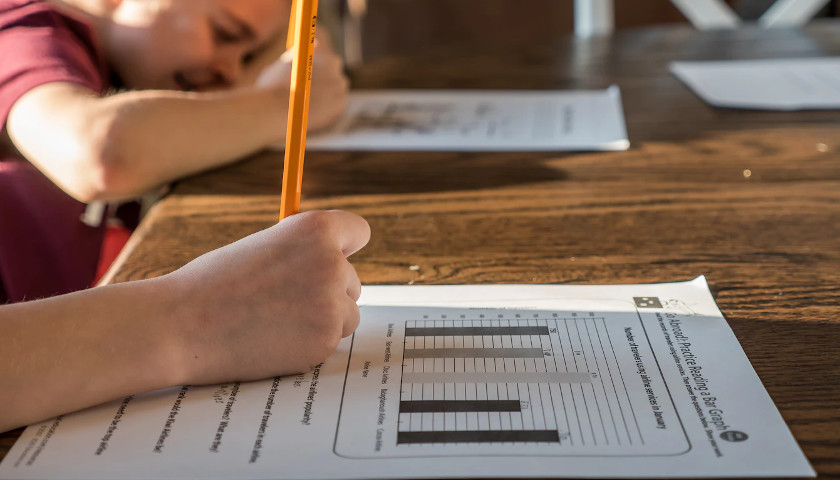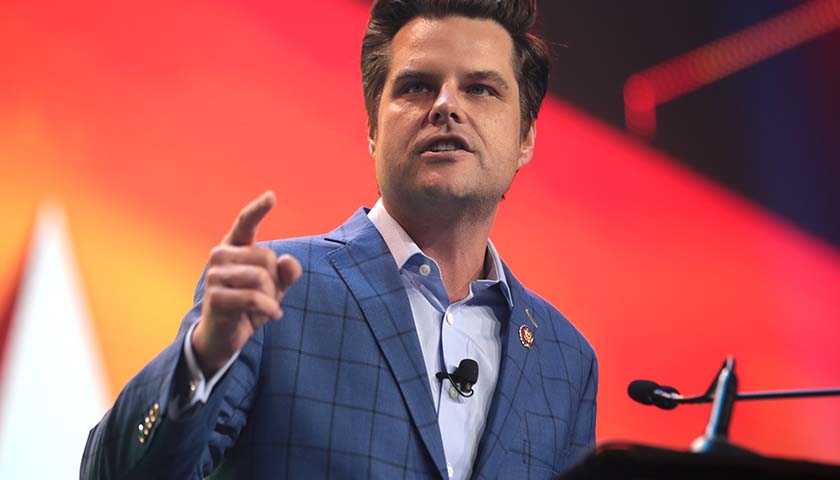by Auguste Meyrat
The editors at Harvard Review must be surprised at the reaction they provoked with their magazine’s recent article, “The Risks of Homeschooling.” For an issue that concerns “roughly 3 percent to 4 percent of school-age children,” the great profusion of responses from every corner of the internet would convince a person that it is really 96 percent to 97 percent who are homeschoolers—which might currently be the case since nearly every school has closed down for the year to prevent the spread of the Wuhan virus.
What did the article say that produced this reaction? For those who work in education or have familiarity with this issue, the criticism was fairly typical. Writer Erin O’Donnell quotes Harvard law professor Elizabeth Bartholet, who claims that homeschooling should be outlawed because it harms kids in numerous ways: they learn less, socialize less, have less contact with public life, and are subject to all kinds of physical, emotional, and psychological abuse.
As the writer and Bartholet put it, homeschooling “not only violates children’s right to a ‘meaningful education’ and their right to be protected from potential child abuse, but may keep them from contributing positively to a democratic society.”
Naturally, Bartholet does not bother to back up her claim with much evidence—if she had tried, she would have discovered that the research actually supports the opposite conclusion.
Nor does she even offer anecdotal evidence about actual homeschooling to at least illustrate her argument and make it plausible, whereas people like National Review writer Katherine Timpf and Harvard grad Alex Harris both offer powerful testimonies of homeschooling’s benefits.
Bartholet’s whole case rests on hypotheticals, which make bigoted assumptions about Christians and their supposed desire to tyrannize their own children.
Worse still is the great irony of Bartholet’s point that it is somehow “authoritarian” for parents to have the freedom to educate the children they love while it is not authoritarian in the slightest for the state to force parents to relinquish their children to state-approved schools. In her mind, she assumes the very best of public schools, ignoring the growing radicalism in its curriculum and thought-killing indoctrination, and assumes the very worst of homeschoolers, citing the memoir Educated which documents parental neglect and child abuse.
Kenneth Pike, writing a comprehensive rebuttal to the Harvard Review article, sums up Bartholet’s position succinctly: “government actors good, parents bad.”
And yet, despite the superior evidence and logic that Bartholet’s critics bring to the debate, most Americans will still probably side with the Harvard professor.
What most people miss about the case against homeschooling is what really lies at its core: it is all about experts and expertise.
Bartholet and those who agree with her are not seriously concerned about educational outcomes or children’s welfare. If they were, they would take more care to collect and study data on the matter. Rather they are more baffled at the parents who have decided, against all conventional wisdom and universal practice, to teach their own children.
From Bartholet’s perspective—and probably also from the perspective of a good number of Americans—homeschooling parents lack the proper training and resources needed for the adequate education of their children. It makes no sense that they would take on this work. Would these parents also try to do the work of a doctor and perform their own surgery? Would these parents also grow and harvest their own food to feed their family?
Americans in the 21st century have come to depend on experts, usually those from the government, so much so that they cannot even fathom any individual doing something on his own. They have outsourced every important activity, even much of their own thinking, to other people or to computer algorithms. Consequently, when they observe a mother who decides not to outsource education to officially trained pedagogues, they immediately assume it must be because she has a paranoid fear of the world and an obsessive desire to shelter her kids from reality—in other words, she must be crazy.
For her part, the homeschooling mother will gladly provide evidence to the contrary, showing that public and private schools fall short constantly, that homeschooling can and usually does produce good students, and that expertise in teaching is not comparable to expertise in medicine or agriculture.
Unfortunately, today’s society has been conditioned not to look at these arguments; they will immediately look at the person making them. They will look at a Harvard professor sounding off on something she knows nothing about alongside some unknown person making a reasoned defense, and they will go with the former every time.
The Wuhan virus has shown just how far most people have come in their trust of experts. Even if an expert has been frequently wrong, continues to be wrong, and makes outrageous and incoherent predictions, people will still trust him over the writers who have researched the topic and actually make sense.
The level of deference shown to experts from politicians and their constituents has reached frightening new heights these past two months: instead of simply listening to the experts and evaluating what they say against other perspectives, everyone must let those experts determine reality itself. To question or oppose indefinite lockdowns and grossly inaccurate doomsday models is now equated with dangerous misinformation and being anti-science.
This figures into the homeschooling debate because it features the same two caricatured sides: the one side that follows the experts without really thinking about it, and the other side that follows the arguments and thinks for themselves. The discussion quickly becomes moot as neither side understands the other and assumes the worst. More often than not, education experts assume that parents who homeschool are illiterate bumpkins who brainwash their children with religious nonsense, and homeschool parents assume that professional educators are soulless agents of a tyrannical state who brainwash students with socialism and identity politics.
Instead of each side preaching to its own choir, there is a better way to move past this dead end. The experts can stop relying on their presumed authority and start making better arguments to further the cause of educating Americans and discussing ways to improve educational outcomes. And homeschooling parents can focus on the many positives of homeschooling and help enlighten parents about how they can play a greater role in their children’s learning.
Discussing the merits and drawbacks of homeschooling does not have to be this adversarial. Done right, both sides can contribute to improving the education of all Americans. As a teacher myself, I would love to have more parents involved in their children’s learning, even if it means that some children might stay home altogether. And I think most homeschooling parents would welcome advice and support from educators who do this work for a living.
Although the impulse to rely on experts and dismiss those who do things for themselves is strong, it should be resisted. People should have the freedom to teach their own children and understand the joys and struggles that this great work brings. While out-of-touch public intellectuals like Dr. Bartholet want to perpetuate outdated stereotypes and argue from authority, everyone else should reclaim learning for themselves and learn how to become their own authorities.
– – –
Auguste Meyrat is an English teacher in the Dallas area. He holds an M.A. in Humanities and an M.Ed in Educational Leadership. He is the senior editor of The Everyman and has written for The Federalist, The American Thinker, and The American Conservative as well as the Dallas Institute of Humanities and Culture. Follow him on Twitter: @MeyratAuguste




